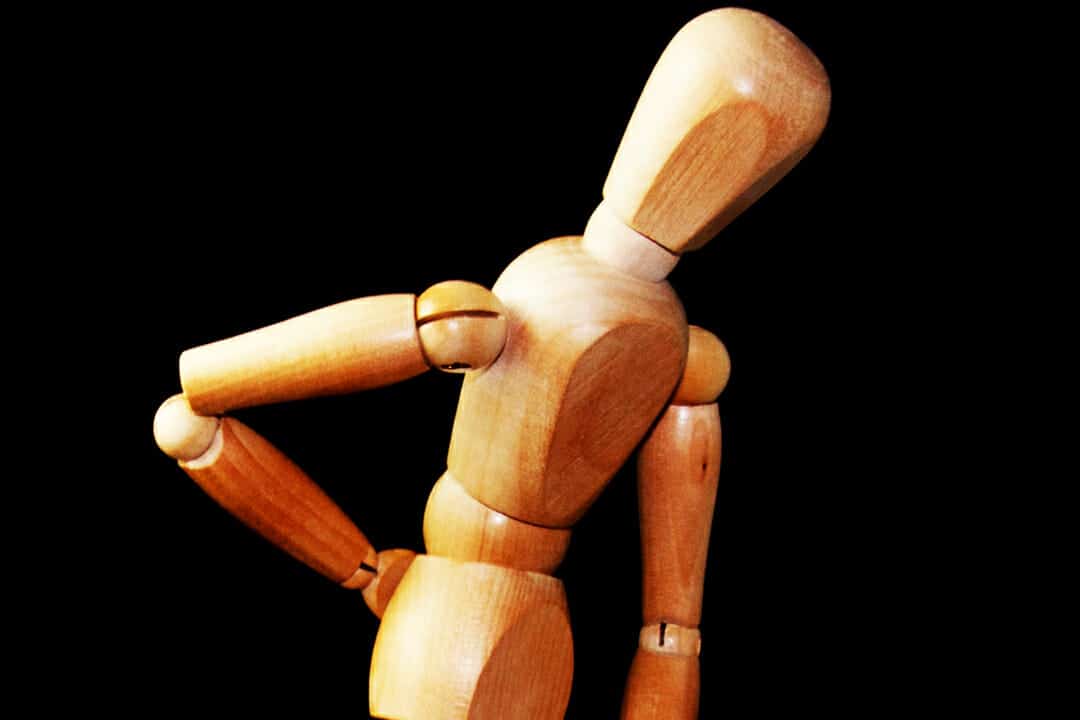
Despite representing only 2 percent of the body mass, the brain consumes anywhere from a third to half of the energy we get from our food. It’s the last part of you to suffer when you don’t eat enough. The body is very clever about keeping the brain alive and healthy at the expense of every other organ when resources are short. That might give fasting — abstaining from food or drink for health or spiritual reasons — a special place among the behaviors that can affect brain health.
As a cultural or religious practice, fasting has a long enough history that some anthropologists are tempted to think it has a biological or evolutionary basis. Maybe periods of food scarcity in our hunter-gatherer past gave us a healthy respect for starvation, and we institutionalized this aspect of the human condition much like we did the seasons in the agricultural era, considering such whims of nature to be the work of gods.
The Bahá’í faith observes fasting between sunrise and sunset during the month of ‘Alá’ (March). Buddhist monks and nuns commonly don’t eat after the noon meal. The Old Testament’s Book of Isaiah describes fasting as being beneficial, and the many Christian denominations prescribe a myriad of abstinence practices, like giving something up for the 40 days of Lent. Hinduism is full of forms and systems of fasting, it’s a form of repentance for sin in Judaism, and fasting is one of the Five Pillars of Islam, notably celebrated during the holy month of Ramadan.
Fasting in religious practice, redemption, or enlightenment, might have unwittingly given us valuable research about the workings of the brain if we just took notice. In medieval Europe, novice nuns were put on enforced fasts to allow the Holy Spirit to enter them, and when they saw angels, demons, or Christ, they were probably just hallucinating as they gradually starved.
The Brain Without Food
Under normal conditions, humans can live for roughly five minutes without oxygen, five days without water, and five weeks without food (magician David Blaine held his breath underwater for 17 minutes, and, in 1920, Irish hunger striker Terence MacSwiney lived without food for 74 days, protesting British occupation).
Depending on what you’ve been eating and how long it takes to digest, your body turns to the muscles and liver to convert stored glycogen into energy about six hours after eating. After around 24 hours without food it starts converting fat and other tissues. Fat itself can’t pass the blood-brain barrier, so the liver metabolizes it to produce ketones — units of energy — leading to a state called “ketosis.” For the next three days or so, your body will be doing what’s called “autophagy” (literally “self eating”), metabolizing itself to produce energy, and among the tissues the body breaks down to do so are certain neurons that the brain considers nonessential for short-term survival.
Researchers at France’s National Centre for Scientific Research selectively starved flies to the point where their brains had to either switch off energy-intensive memory formation or let the insect die (they did the latter). As the journal Cell Metabolism reported, such self-cannibalizing of the brain also tends to turn hunger signals up, making the search for food an even more urgent priority. Scarier still, your brain starts to literally shrink. The International Journal of Eating Disorders reported reduced brain volume in anorexia nervosa sufferers (it’s reversible if you start eating again in time).
Benefits
A quick search online would make you think fasting can cure everything from dandruff to cancer. It has a lot of supporters (though scientists are more skeptical), and those who love it tend to use a more spiritual than biological approach. One website lists benefits that include anti-aging, better attitude, clearer skin, drug detoxification, more energy, new ideas, rest for digestive organs, spiritual awareness, and weight loss.
But before you dismiss such proponents as cranks, consider that the ancient Greeks cured cases of epilepsy with starvation. Today we know ketone bodies can stabilize neurons and protect against runaway brain activity that can manifest as a seizure. Since so many of the upsides listed above — even unscientific ones like “better attitude” — are ultimately based in the brain, maybe we shouldn’t dismiss the effect that ketosis can have. There’s a ketogenic diet in the nutrition world that’s indeed used to treat epilepsy to this day.
Of course, some of the reasons put forward for fasting are scientifically dubious at best, and in some cases the jury’s simply still out. One of the most popular diet trends is detoxing — regimens of cutting all but a select few foodstuffs from our diet for extended periods. Steve Jobs ate only fruit for long periods, but when actor Ashton Kutcher (who played him in the film “Jobs”) tried the same thing, he ended up hospitalized in agony with pancreatic problems.
Still, many detox devotees will tell you they go through a period of intense exhaustion, depression, lack of mental focus or sickness during the initial “purge,” followed by greater health, vitality, and mental clarity than ever. Could we have gone through periods of detox enforced by resource scarcity during our evolution, with the positive response to such activity today being simply the expression of a healthy behavior we’ve forgotten?
So far, science tends not to agree. As one nutrition science department chair told LiveScience, our liver and kidneys do a remarkable job of cleansing our bodies of toxins — we don’t have to do it for them. “Increasing fruit and vegetable intake, whole grain intake and drinking more water over sweetened beverages would go a lot farther to improve someone’s health over the long-term than a cleanse.” An emeritus professor of complementary medicine at Exeter University called detoxing “a word being hijacked by entrepreneurs, quacks, and charlatans to sell a bogus treatment that allegedly detoxifies your body of toxins you’re supposed to have accumulated.”








